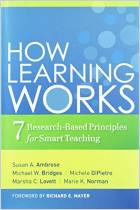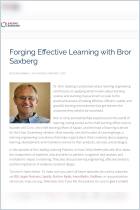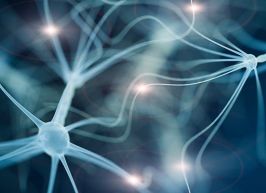Melden Sie sich bei getAbstract an, um die Zusammenfassung zu erhalten.

Melden Sie sich bei getAbstract an, um die Zusammenfassung zu erhalten.
Paul A. Kirschner and Carl Hendrick
How Learning Happens
Seminal Works in Educational Psychology and What They Mean in Practice
Routledge, 2020
Was ist drin?
An accessible examination of decades of serious learning research that applies to primary school teaching.
Recommendation
Learning experts Paul A. Kirschner and Carl Hendrick explore dozens of works on learning and teaching in educational and cognitive psychology. They offer a road map of the past five decades of important discoveries in how learning happens. Each chapter includes advice on how to use the information in primary school classrooms, plus key take-aways for teachers. The authors emphasize the importance of primary research and testable hypotheses. The book’s final chapter debunks myths of learning that have no basis in evidence.
Summary
About the Authors
Paul A. Kirschner teaches educational psychology at the Thomas More University of Applied Science in Belgium and is a past professor at the Open University of the Netherlands. Carl Hendrick teaches at Wellington College in the UK.

























Comment on this summary